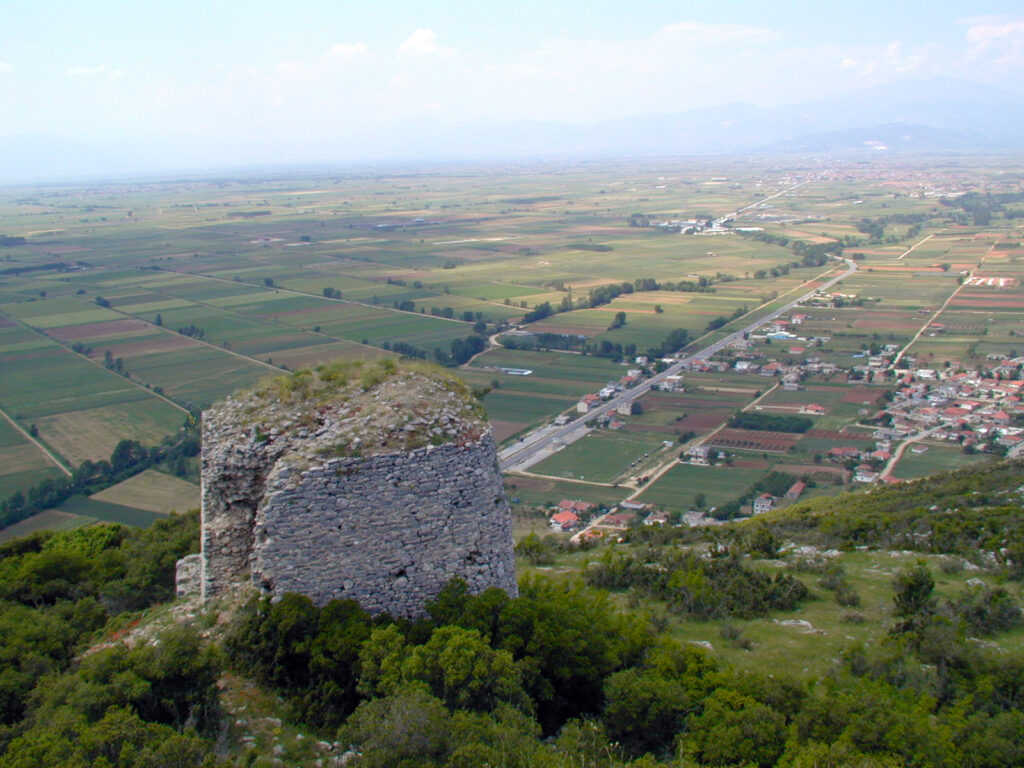Now that I’ve done the – 9th? 10th? – revision of the third novel in my Lucius Sestius trilogy, I am beginning to feel quite strongly about what my hero went through. Not what I have put him through – that is justifiable for the novelist! But the real Lucius Sestius Quirinalis went through enough for anyone. In particular, he fought under Brutus and Cassius at Philippi and survived, and the more I discovered about the battle, the more I felt that this must have had a considerable impact on a young life.
There is no doubt that it was a big deal. Modern historians are reluctant to accept the ancient writers’ figures, because it would mean that 200000 men fought at Philippi, a total that would have presented unimaginable logistics. Assuming that the legions fighting were under strength, we are still faced with a possible 100,000 men or more clashing in two major engagements. The second century historian Appian estimates that 24,000 men died in the first battle alone.
These numbers, even if estimates, make Philippi a deadlier battle than any in the Civil Wars that had marked the forties BCE. And as the sources point out, in this battle for the most part Romans were fighting their own, their friends and families, men trained in the same methods, speaking the same language. What effect must such an experience have had on a generation of Romans already weary of fighting? Lucius and his contemporaries may well have fought in the battles of Pharsalus, Thapsus and Munda between 49-45 BCE. They would have seen the chaos following Julius Caesar’s assassination, and maybe suffered under the brutal proscriptions (political executions) carried out by Octavian, Antony and Lepidus, as the three men seized power, quashed opposition and raised funds for the fight against Brutus and Cassius. At the time of Philippi, Lucius would have been in his twenties, and he would have known little peace since his teens.
Given this and the huge losses suffered by both sides at Philippi, the Rome to which Lucius returned eventually, under the pardon issued by Octavian and Antony several years after Philippi, would have seemed a strange place. Many families of all classes would be mourning losses, of people and of their livelihood. Frequent food shortages had brought hardship and rioting to the city. Retired troops had been awarded land, which had been simply taken from one person to give to another, with the result that the estates were now being looked after by ex-soldiers who did not necessarily know how to farm.
I wondered as I wrote about the impact of these years on Lucius and his friends. Physically and mentally, they had been through terrible experiences and returned to a sullen and deprived city, under sufferance. How would they manage? The one saving grace was that they had each other, people who knew what they had been through. This forms one of the themes of the book – would it be enough?


2 responses
This backstory explains so much of the character of Lucius Sestius, as you brilliantly portray him in your earlier books, Fiona. I feel so fond of him! Can’t wait to read this new book, though I’ll have to stiffen my sinews I suspect.
Im pretty pleased to find this great site. I need to to thank you for ones time for this particularly fantastic read!! I definitely loved every little bit of it and I have you saved as a favorite to see new stuff on your blog.